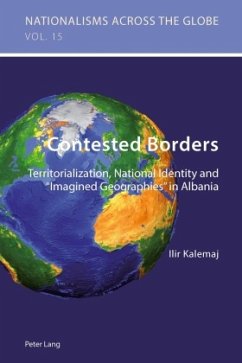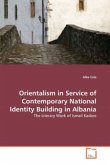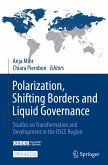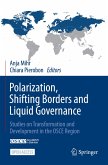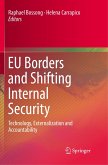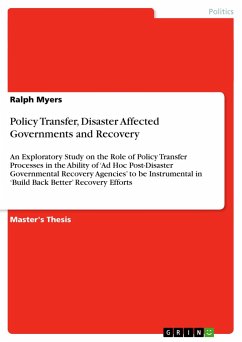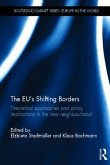This book argues that power struggles between internal and diasporic elites play a central role in the development of political agendas that have the potential to shift national borders. The author uses Albania as the primary case study, examining how the understanding of the Albanian nation has taken on varying geographical borders over time and why different Albanian communities have often had differing perceptions of the borders of the nation.
On the basis of this case study, the author constructs a theoretical model that captures the dynamic of domestic versus international constraints on elite choices and analyses how this leads to the (re)construction of borders. The book explores the way in which competing elites manipulate national symbols to create the necessary environment for personal political gain, using both expansionist and contractionist versions of «virtual» borders that may or may not be congruent with internationally recognized borders.
On the basis of this case study, the author constructs a theoretical model that captures the dynamic of domestic versus international constraints on elite choices and analyses how this leads to the (re)construction of borders. The book explores the way in which competing elites manipulate national symbols to create the necessary environment for personal political gain, using both expansionist and contractionist versions of «virtual» borders that may or may not be congruent with internationally recognized borders.

